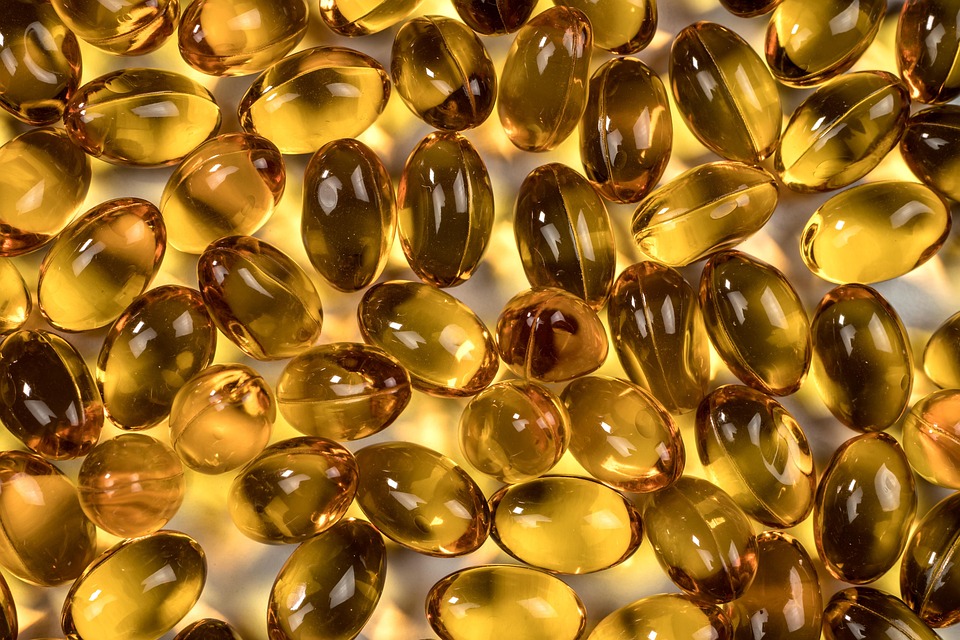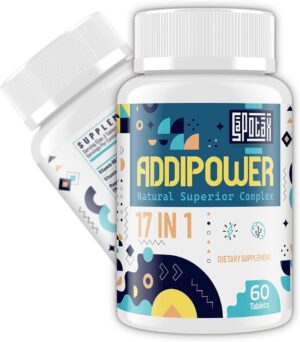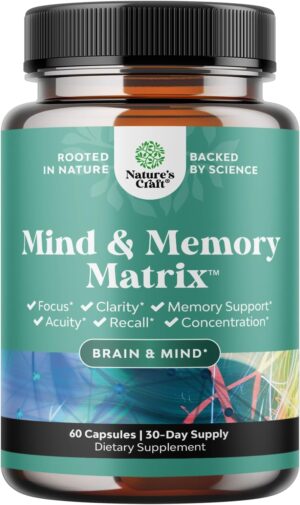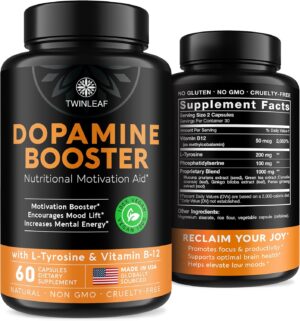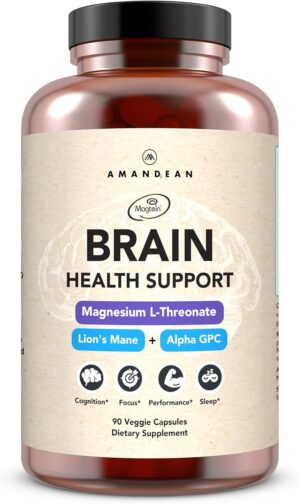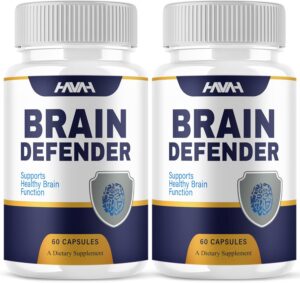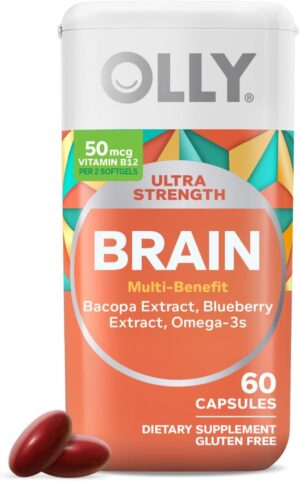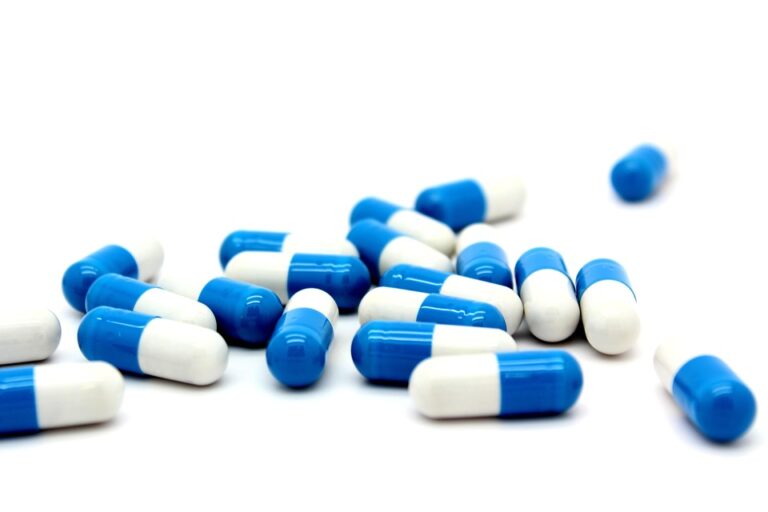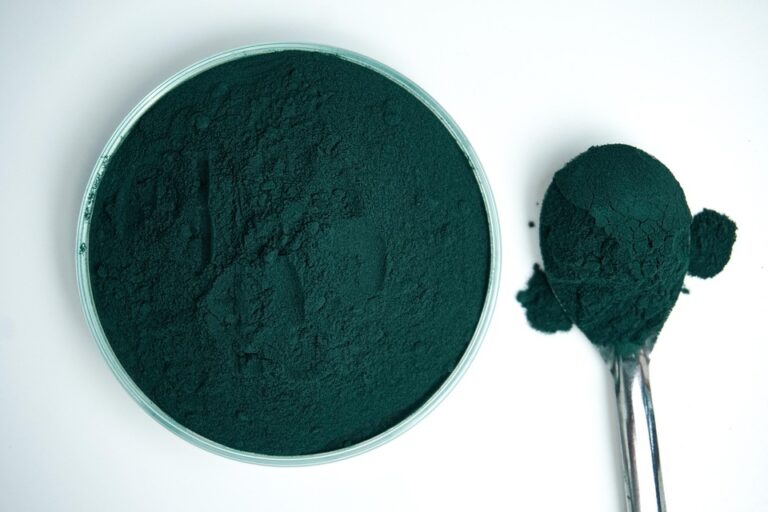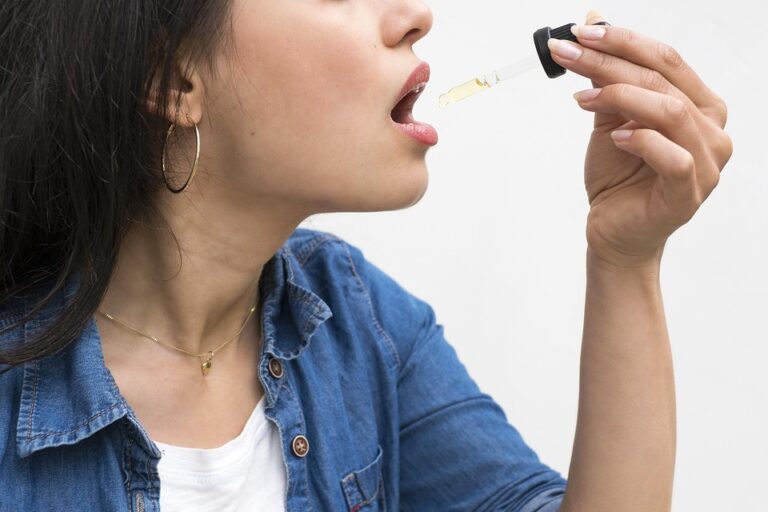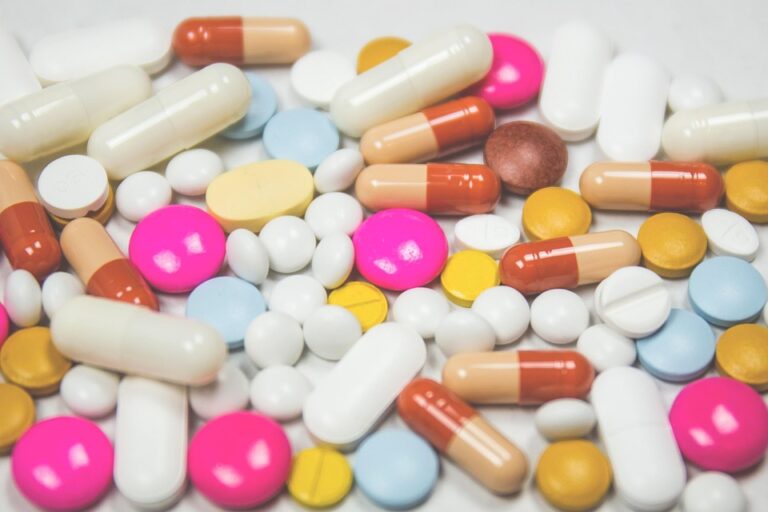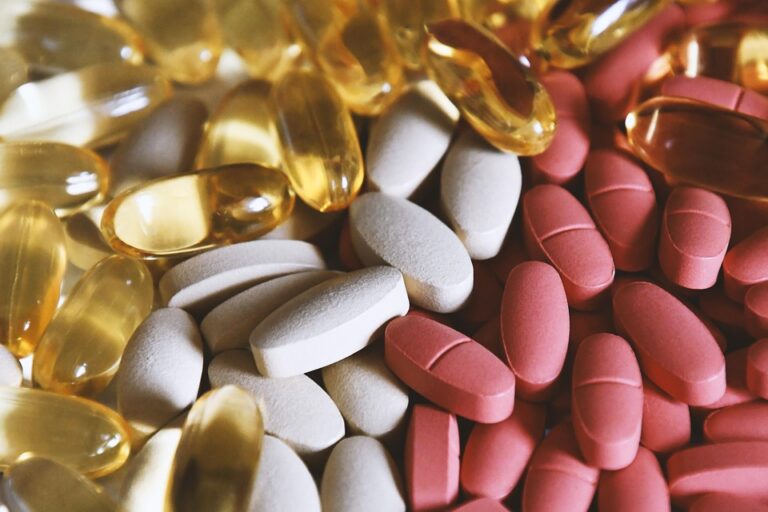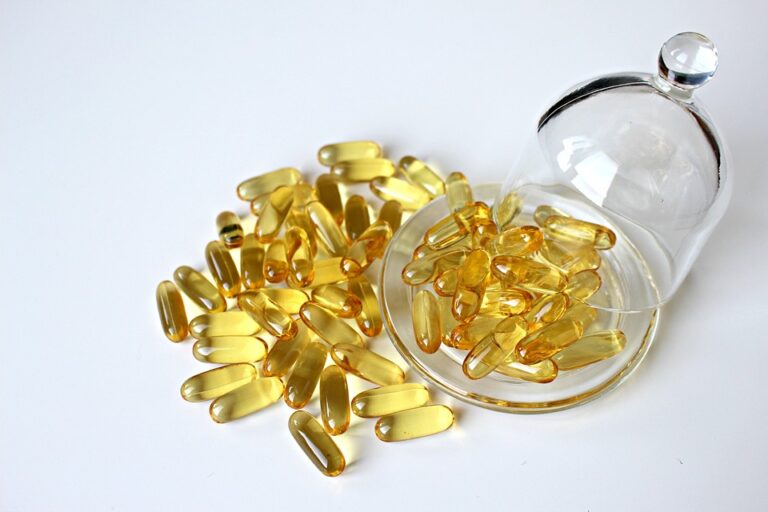Attention-Deficit/Hyperactivity Disorder (ADHD) can make daily life feel like an uphill battle. Difficulty concentrating, impulsivity, and emotional dysregulation often disrupt productivity, relationships, and overall well-being. While medications like stimulants (e.g., Adderall, Ritalin) are effective for many, others seek complementary or alternative approaches due to side effects or personal preference. Enter customized supplement stacks—a targeted blend of vitamins, minerals, and nootropics designed to support brain function and ease ADHD symptoms naturally.
The Science Behind Supplementation for ADHD
ADHD is linked to imbalances in key neurotransmitters like dopamine, norepinephrine, and serotonin, which regulate focus, motivation, and mood. Research suggests that nutrient deficiencies—such as omega-3 fatty acids, magnesium, zinc, and vitamin D—can worsen symptoms. A well-designed supplement stack aims to:
- Boost neurotransmitter production
- Support neuronal health
- Improve brain energy metabolism
- Reduce inflammation
Essential Supplements for ADHD Management
Here are key supplements that may help bridge nutritional gaps and enhance cognitive function:
1. Omega-3 Fatty Acids (EPA & DHA)
- Why? Critical for brain structure and function, with studies showing improved attention and reduced hyperactivity.
- Dosage: 1,000–2,000 mg EPA/DHA daily.
2. Magnesium (L-Threonate or Glycinate)
- Why? Calms the nervous system, supports sleep, and may improve focus. Deficiency is common in ADHD.
- Dosage: 200–400 mg/day (preferably at night).
3. Zinc
- Why? Supports dopamine regulation; low levels correlate with ADHD severity.
- Dosage: 15–30 mg/day (with copper if taken long-term).
4. Vitamin B Complex (Especially B6, B9, B12)
- Why? Vital for methylation and neurotransmitter synthesis.
- Dosage: Active forms (methyl-B12, methyl-folate) preferred.
5. L-Tyrosine or N-Acetyl L-Tyrosine (NALT)
- Why? Precursor to dopamine and norepinephrine; supports mental clarity under stress.
- Dosage: 500–1,500 mg as needed (morning/early afternoon).
6. Phosphatidylserine (PS)
- Why? Enhances memory, focus, and stress resilience by supporting cell membrane health.
- Dosage: 100–300 mg/day.
7. Ginkgo Biloba or Bacopa Monnieri
- Why? Herbal nootropics that improve blood flow, memory, and sustained attention.
8. Probiotics & Gut-Brain Support
- Why? Emerging research links gut health to dopamine production and mood regulation.
Personalization is Key
Not every supplement works for everyone. Factors like genetics, diet, and lifestyle influence effectiveness. Consider:
- Lab Testing: Check for deficiencies (e.g., vitamin D, iron, magnesium).
- Trial & Adjustment: Start with one supplement at a time, monitor effects.
- Professional Guidance: Work with a functional medicine doctor or nutritionist.
A Balanced Approach
Supplements aren’t a cure, but they can be powerful tools when combined with:
- A nutrient-dense diet (whole foods, minimal processed sugar).
- Regular exercise (boosts dopamine naturally).
- Mindfulness practices (meditation, breathwork for emotional regulation).
- Behavioral strategies (time-blocking, task prioritization).
Conclusion: Small Tweaks, Big Focus Gains
For those navigating ADHD, a tailored supplement stack can fill nutritional voids and optimize brain function—helping turn chaotic energy into productive flow. While not a replacement for professional treatment, strategic supplementation offers a holistic way to reclaim focus and emotional balance, one capsule at a time.
Have you tried supplements for ADHD? Share your experience in the comments!
(Disclaimer: Always consult a healthcare provider before starting new supplements, especially if taking medication.)

